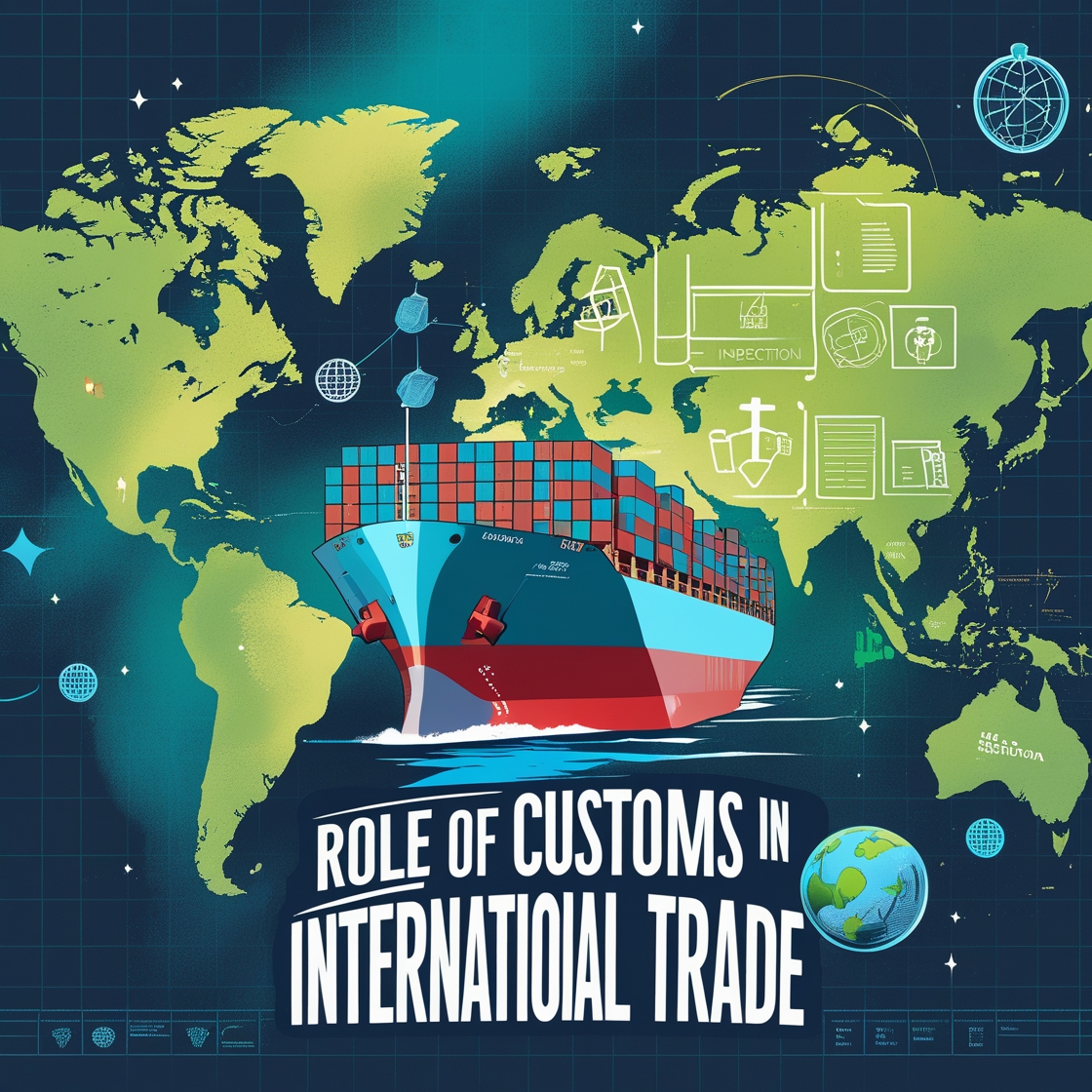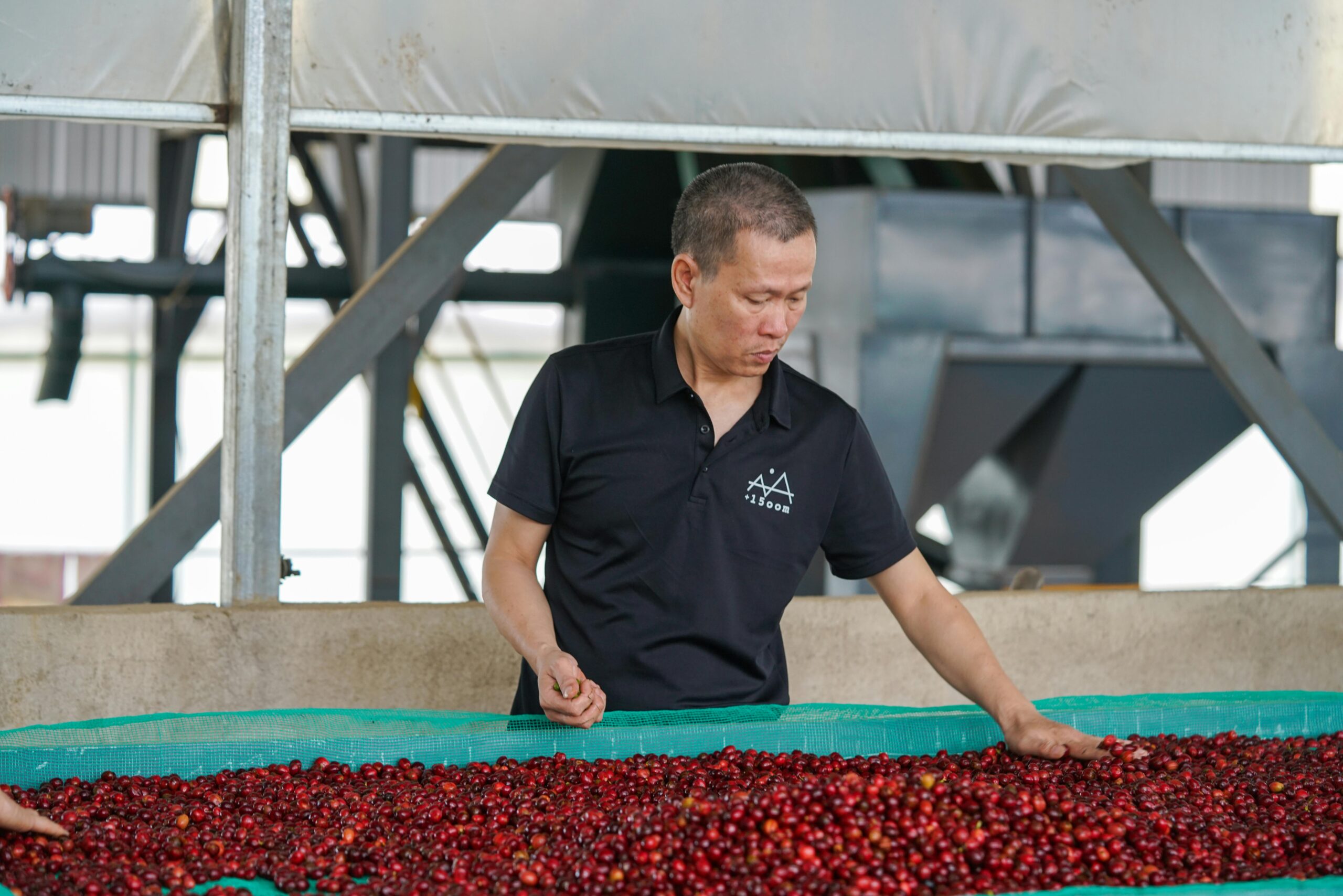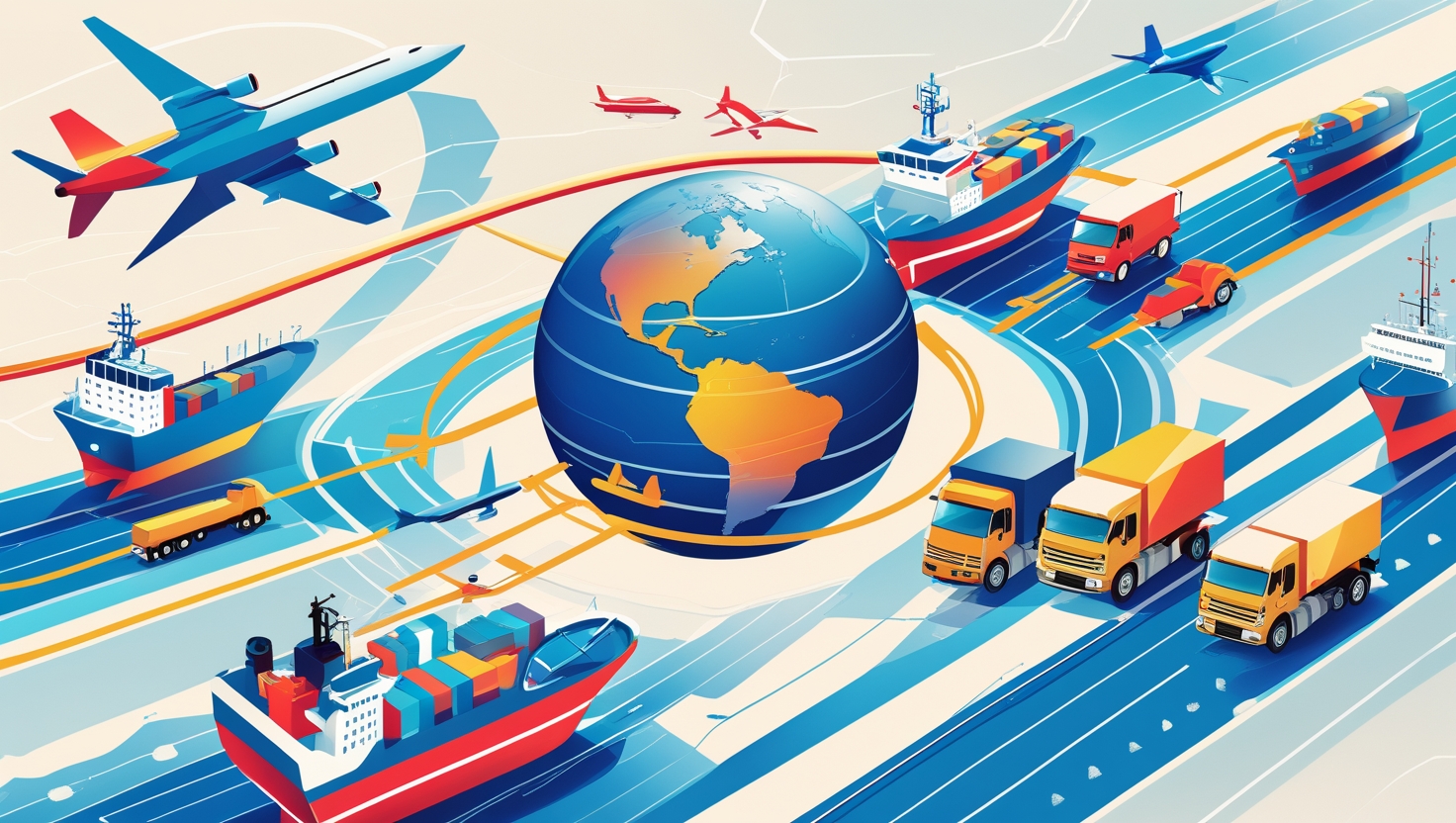It was international trade that kick started the globalization process. As the world became smaller and countries became closer to one another, international trade became far more important than ever. By connecting nations through trading of goods and services, international trade has become the backbone of the global economy. In order to facilitate this global trading from one country to another smoothly, customs are at the heart of international trade. Customs ensure continuous flow of goods while safeguarding the interests of nations.
Functions of Customs in Trade
Customs primarily consist of government agencies that oversee import and export of goods from one country to another. They play vital roles in import and export of goods and services. Some of the key functions of customs are:
- Revenue Collection: Governments from around the world earn a hefty sum from levying taxes on imported goods. In 2021, import tariffs (interchangeably customs duties) were 2.8% of the entire global trade. The value represents the total amount of customs duties collected as a percentage of all goods traded globally.
- Trade Facilitation: Customs regulations are made to make crossing borders efficient. This has positive impacts on import and export. By reducing time and cost of doing business, customs facilitate more business.
- Enforcement of Regulation: Customs make sure importers and exporters abide by the rules set by local and international regulation bodies. This helps by restricting the movement of banned and illegal goods from one country to another.
- Economic Security: Customs play a key role in preventing illegal cross border activities such as smuggling. They also have an active role in protecting intellectual property rights.
Customs in Trade Facilitation
Trade facilitation is the efficient movement of goods and services from one country to another. By making the customs procedures simpler and less time consuming, more business can be brought to a country. Customs authorities can promote economic growth by cutting the cost of business and easing bureaucratic complications.
The global trade was worth $28.5 trillion in 2021 which increased to $32 trillion in 2022. So the importance of customs has increased overtime. The 2022 World Bank study titled “Trading Across Borders 2022” highlighted the fact that an efficient customs system can halve trade costs for emerging and developing economies. So it means with a better customs system trade cost can go down as much as by 50%.
Some of the methods that can contribute to the growth are as follows:
- Automated System: With ASYCUDA (Automated System for Customs Data) customs professionals can fill up paperworks faster and that will speed up the whole process.
- Single Window System: Business can submit the necessary document through a single channel to avoid complex hurdles and get faster response.
- Risk Management: Customs should deploy new technologies for faster inspection. Moreover instead of going over every consignment more focus is given on high risk consignments.
Contribution to Economy
Governments around the world earn a substantial amount of custom duties from global trading. These earnings are a huge help in funding the development of infrastructures.
- Developed Countries: Usually developed countries impose lower tariff rates on products. So a developed nation usually gets around 5% of its government revenue from custom duties. They make up the rest with income tax and corporate tax as these tend to be higher in a developed economy.
- Developing Countries: Custom duties contribute a significant amount for a developing country’s revenue. Government earns up to 20% to 30% of revenue from custom duties alone. It is mostly because developing nations impose higher tariff rates on imported goods.
Combating Smuggling and Security Threats
In 2019, global trade of pirated and counterfeit goods amounted to $464 billion which was equivalent to 2.5% of global trade. This trend didn’t slow down; it only saw an increase over the last years. ICC (International Chamber of Commerce) predicted that piracy and counterfeit goods will drain $4.2 trillion from the global economy and put 5.4 million people out of legitimate jobs by 2022. So it is of utmost importance to implement an efficient customs system that will work with government agencies in tandem worldwide to combat piracy. An efficient global network of customs systems can battle the ever growing piracy market.
Future of Customs in Trade
As technology evolves customs procedures can take advantage of these technologies to increase the efficiency of global trade. Some of the key technologies to adopt are as follows:
- Blockchain Technology: This will promote more transparency by creating solid records of shipments that are hard to manipulate.
- Artificial Intelligence: AI can be used to identify risky cargos by analyzing the vast amount of data. By efficiently analyzing data AI can aid in promoting more business by reducing processing time. It is estimated that AI can increase customs efficiency by 20% to 40% in various sectors.
- Green Customs: By promoting goods and services that are environmentally friendly and strictly regulating goods that are bad for climate, customs can significantly contribute to a greener world.
Customs authorities are part and parcel of keeping the global economy wheel running. They make sure businesses are taking place in accordance with law. Various challenges such as complex bureaucracy and corruption make the customs procedure inefficient. But with the implementation of technologies and global cooperation these hindrances can be overcome in a way that will enable economic growth worldwide.


